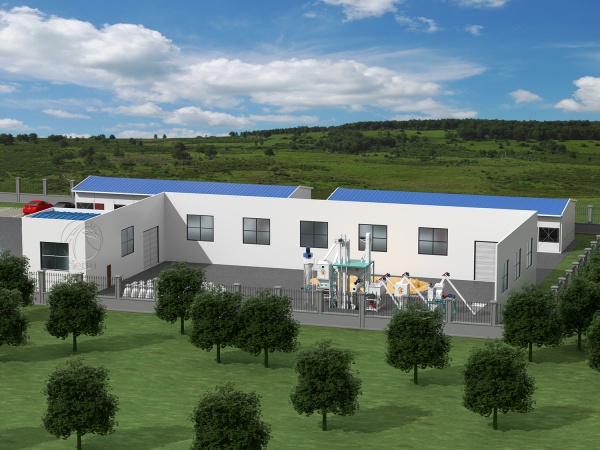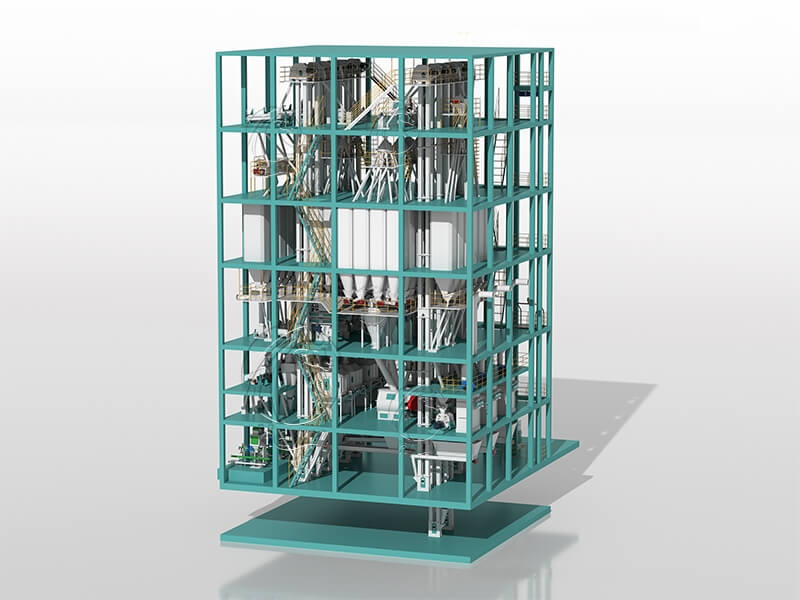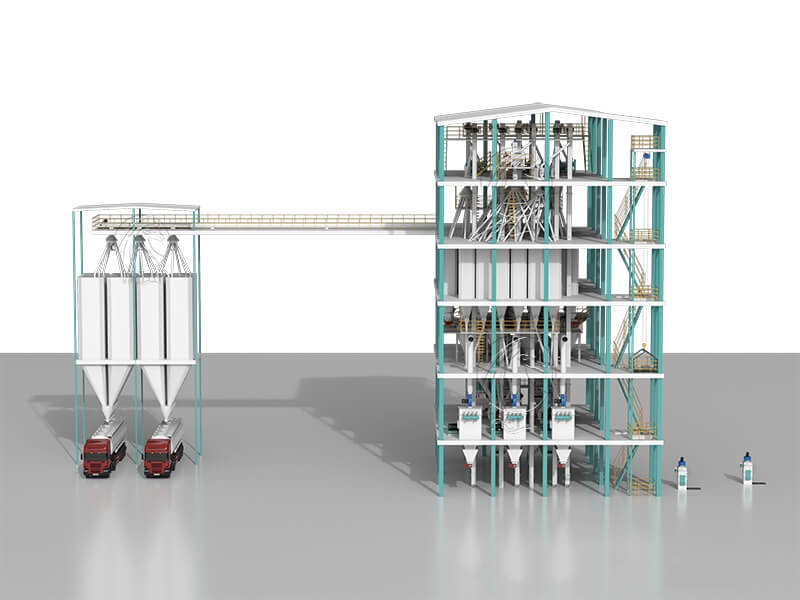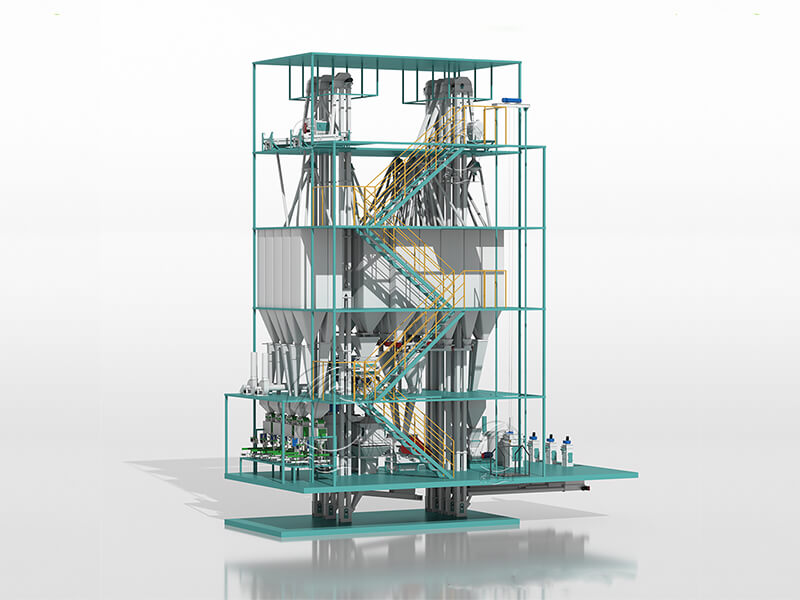Analyze the Key Points of Cost Control in the Feed Production Process
Cost Management in Feed Production: A Comprehensive Approach
Cost management in feed production involves establishing effective methods of cost control that adapt to the realities encountered during production. By focusing on critical areas like raw material management and equipment maintenance, it ensures that costs remain under control throughout the entire production process. This approach helps feed processing enterprises maintain profitability while delivering high-quality feed products to the market.
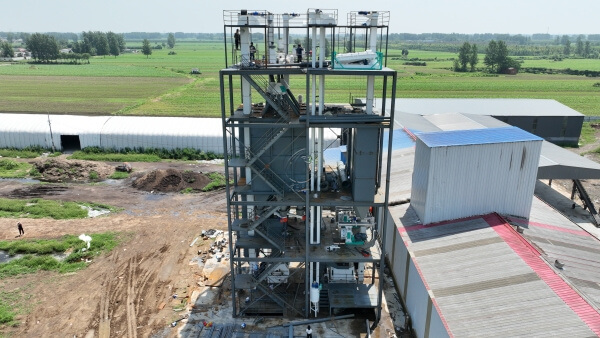
The Importance of Cost Control Research in Feed Production
Understanding and managing the costs involved in feed production is crucial for the efficiency and sustainability of the entire production process. Effective cost control not only impacts a company’s bottom line but also supports the strategic allocation of resources, allowing for better planning and improved operational efficiency. Below are some key aspects that illustrate why this research is so vital:
Significance to Production Efficiency: Cost control directly influences the competitiveness and sustainability of feed production enterprises. Reducing unnecessary expenditures means more resources can be allocated to enhancing product quality and production capacity, allowing enterprises to better meet market demands.
Detailed Analysis of Cost Control Structure: A thorough analysis of cost control structures in feed production allows enterprises to identify where costs are concentrated, such as raw material procurement, energy consumption, and equipment depreciation. By studying these areas, companies can develop targeted strategies to manage and reduce costs.
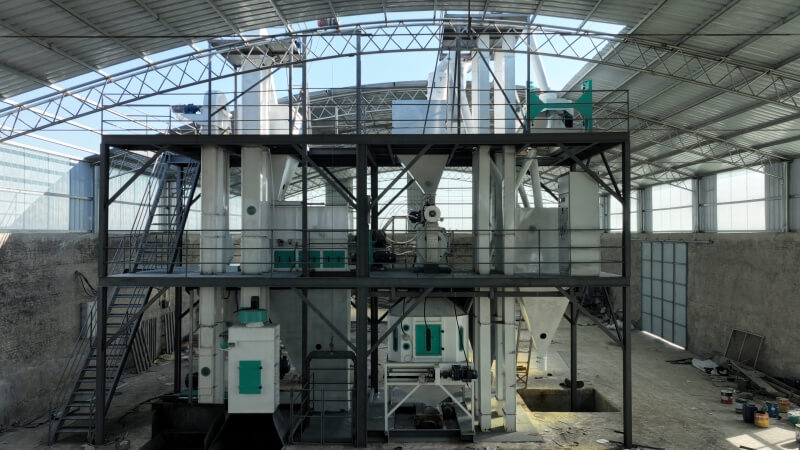
Strategic Focus Areas: Research into cost control should focus on key elements such as:
Optimizing Raw Material Control: Ensuring that raw materials are procured, stored, and used efficiently can significantly reduce waste.
Improving Equipment Maintenance Strategies: Developing maintenance schedules that minimize equipment downtime and extend the lifespan of machinery can lower overall production costs.
Feed processing enterprises must continuously adapt their cost control strategies to the evolving dynamics of feed production, bridging the gap between traditional methods and modern cost management techniques. This ensures that cost control becomes an integral part of the production process, not an afterthought.
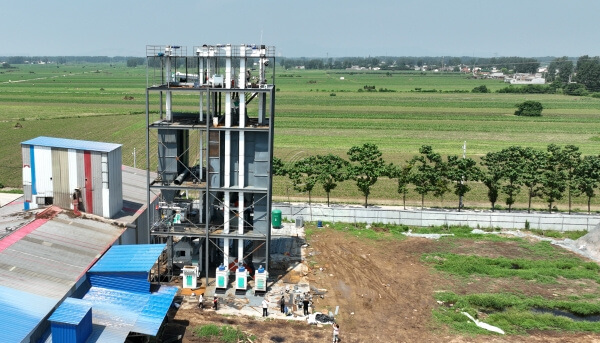
Key Aspects of Cost Control in the Feed Production Process
For feed production companies, focusing on specific areas of cost management can lead to substantial improvements in efficiency. Here, we explore the critical areas for effective cost control:
Rational Utilization of Raw Materials in Feed Production
Raw material costs often constitute a significant portion of overall production expenses, making their efficient use a priority. Effective strategies for managing raw material costs include:
Reducing Waste during Crushing and Processing: The crushing stage is critical in converting raw materials into a form suitable for further processing. During this stage, controlling factors like dust dispersion, temperature, and moisture levels can reduce material losses and ensure a more uniform product. This not only preserves valuable resources but also improves the quality of the feed.
Quality Control throughout Processing: Implementing robust quality control measures during feed processing can help prevent costly mistakes. By clearly marking production batches and conducting regular inspections, manufacturers can reduce the chances of contamination or production errors that could result in wastage or reprocessing.
Optimizing the Use of Pelletizers: In the production of pellet feed, inefficiencies in the pelletizing process can lead to significant material losses. Regular analysis of the pelletizing process can help identify bottlenecks or inefficiencies, allowing for timely adjustments that minimize waste and improve the overall yield of feed production.
By addressing these issues, feed production companies can ensure that raw materials are used to their full potential, thus reducing overall production costs and improving profitability.
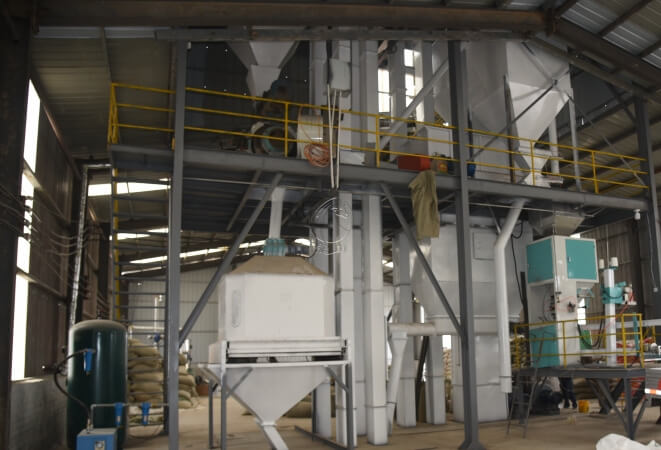
Efficient Maintenance of Feed Production Equipment
Equipment maintenance is another essential factor in controlling feed production costs. The efficiency and reliability of production machinery directly affect output and operational expenses. Key strategies for equipment management include:
Implementing Dynamic Equipment Management Systems: As the complexity of feed production processes increases, many enterprises are adopting dynamic equipment management software. These systems enable real-time monitoring and control of equipment performance, allowing for predictive maintenance and minimizing unexpected breakdowns.
Using Intelligent Control Technology: By integrating advanced control technologies into the production process, companies can optimize the operation of key equipment like pellet mills and mixers. These technologies allow for precise adjustments to operational parameters, reducing energy consumption and wear on machinery, and ultimately lowering maintenance costs.
Developing Proactive Maintenance Schedules: A proactive approach to equipment maintenance involves regular inspections and timely replacement of worn-out components. This ensures that equipment operates at peak efficiency and extends the service life of machinery, reducing the need for costly replacements.
By focusing on these strategies, feed production companies can maintain high productivity levels while keeping maintenance costs under control. This, in turn, contributes to the business's overall stability and profitability.
Conclusion: Building a Robust Cost Management System for Feed Production
In conclusion, the research and implementation of effective cost-control measures in feed production are vital to the success of feed enterprises. By focusing on the rational use of raw materials and the efficient maintenance of equipment, companies can develop a robust cost management framework that is both adaptive and scalable. Moreover, leveraging advanced technologies like intelligent control systems can further enhance the precision of cost control efforts.
Feed production enterprises should invest in continuous research into cost management strategies to keep pace with industry advancements and maintain a competitive edge. By doing so, they can create a sustainable production environment that maximizes resource use, reduces waste, and ensures the efficient delivery of high-quality feed products to the market. In the long run, this will not only enhance the profitability of the enterprise but also contribute to the development of a more sustainable and efficient feed production industry.
Henan Herm Machinery Co., Ltd was established in 2010 and has been devoted to the research and development of Feed Mill Machinery ever since. With more than 10 years of experience, Herm® has become a leading manufacturer and supplier of animal feed machines and complete animal feed production lines, cattle feed plants, poultry feed plants, animal feed pellet production lines, etc. It always endeavored to improve the quality of products and aims to meet the new requirements of the international market.
If You Are Ready to Start a Feed Pellet Plant Business, please contact us for the feed mill machine. We Can Provide Professional Design and Comprehensive Guidance According to Your Needs. Get in touch with us now!
Welcome Contact Us!
Henan Herm Machinery Co., Ltd
Email: info@hermmachinery.com
Whatsapp: 0086 18037508651


